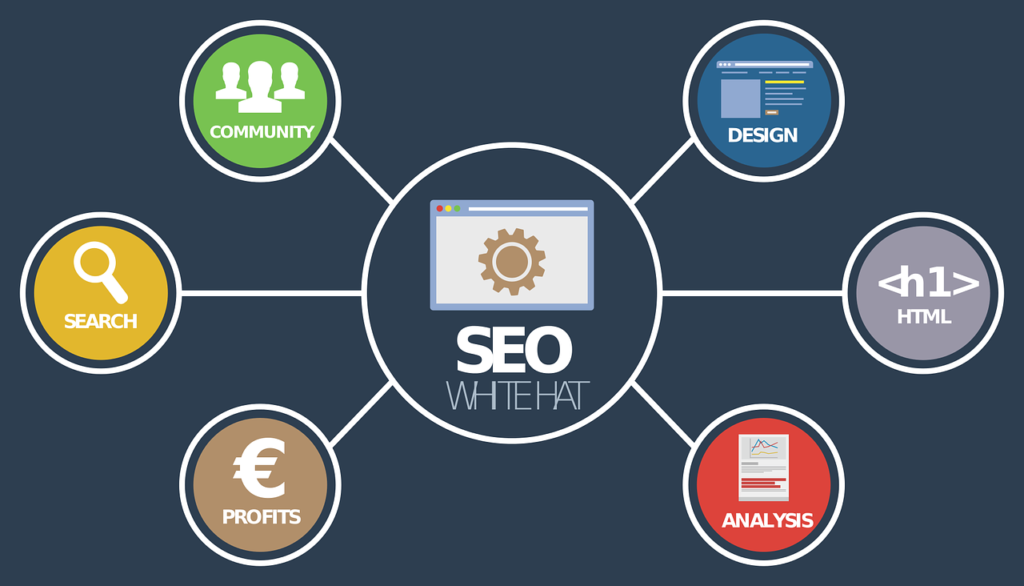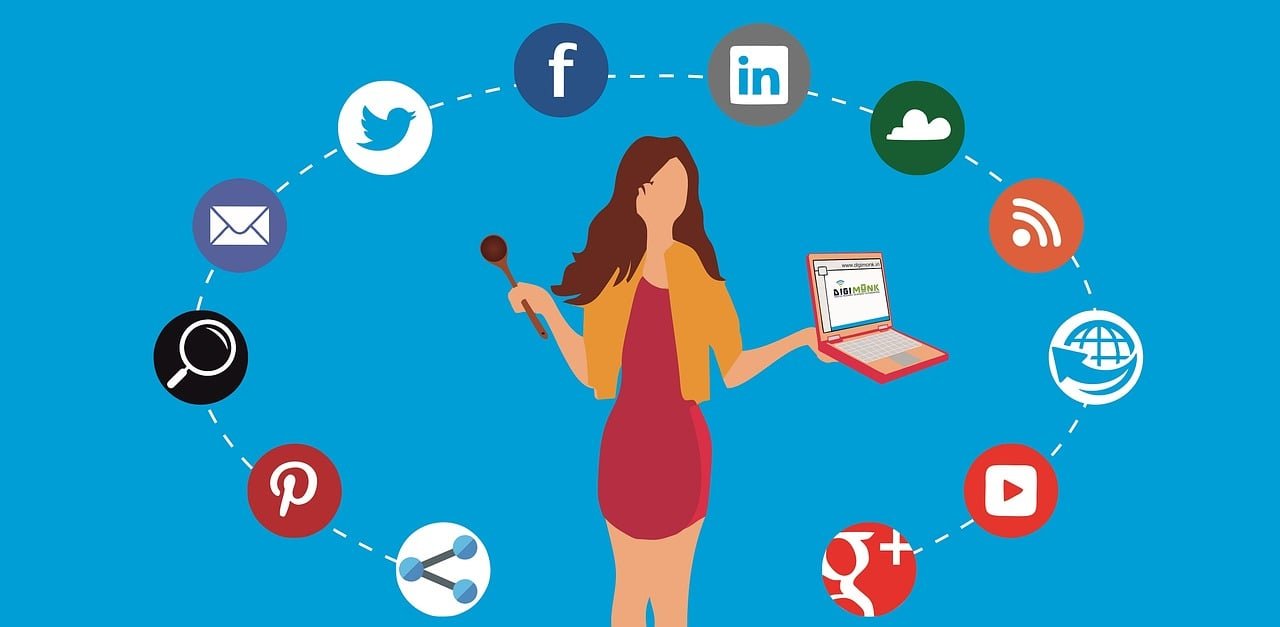In this contemporary world of blistering speed and digitalism, marketing automation is an important aspect to be in competition. The advancement of AI in marketing automation has lifted-off rule-based systems, allowing intuitive tools to adjust and respond to customer needs in real-time.

Per a Statista survey, 90% of marketing professionals use AI to automate customer interactions and 88% feel that AI has helped them personalize customer journeys through multiple channels. As the technology matures with time, so does the prospect of bettering personalization, efficiency, and scaling approaches in marketing campaigns.
Let’s discuss in detail seven ways in which AI enables marketing automation and better personalization in campaigns.
- Predictive Analytics and Customer Segmentation
One of the most significant strengths of AI is the analysis of data at a vast amount. Predictive analysis allows marketers to anticipate future buying behavior of customers based on historic data and thereby fine-tune their campaigns.
Analyzing prior purchases can give hints toward the subsequent buying behavior of the customer. AI can know if an interaction was driven by a promotion or by an email campaign, and that is the information marketers need to message customers at the right time along the right channel.
Natural Cycles, the birth control app, has applied AI in marketing automation for behavioral user segmentation. Then through Optimove, personalized communications and campaigns allow instant interaction with the user, all while minimizing manual input. - Hyper-Personalized Content & Recommendations
AI has enhanced content creation and marketing. A bunch of other tools widely used now to create such content include ChatGPT, Mid-journey, and Canva, giving rise to content from targeted ads and product descriptions to entire email campaigns.
Furthermore, AI is now able to produce great content in correlation with contest-specific real-time user behavior to hyper-personalize it. Any piece of content could be produced based on audience sentiment, or it could dynamically adjust according to user context. This way, customers will always see the most relevant information.
Another case, Spotify creates tailored playlists and suggests songs that match each user’s listening patterns using AI. An AI DJ also entertains premium subscribers, taking the personalization experience a notch higher. - Chatbots & Conversational AI
AI-powered chatbots are changing the whole scene of customer services, where they provide personalized information and assistance in real time. With the help of natural language processing, these bots are able to understand customer intent and answer queries or troubleshoot problems 24/7.
An advanced AI-enabled robot is capable of solving complex problems while modifying its response according to the customer. This is a way for businesses to scale high-quality customer service.
An excellent use case is Lemonade Insurance where a chatbot called Maya helps users navigate through the insurance process. In three minutes, Maya collects data, quote, and processes payments. Maya learns with machine learning, gets better with time, and processes more queries, which helps Lemonade to scale efficiently while still retaining a human touch. - Enhanced Campaign Optimization & Performance Measurement
AI can allow tracking of KPIs and campaign results in real-time. AI-enabled tools can furnish useful insights to marketers about what is working and what isn’t. By tracking performances continuously, AI can bring in real-time changes in campaigns that are not delivering the best results.
AI aims to optimize the marketing path by identifying which channels are performing well, tracking emerging trends, and identifying bottlenecks. This enables marketers to make informed decisions backed by data, thereby enhancing the campaign results.
Case in point: The North Face employs Google Analytics 360 and Tag Manager to track consumer searches on its website. The product was renamed following an analysis of search trends showing an increase in searches for “midi parka,” resulting in a threefold increase in conversions and thereby revenue. - Lead Scoring & Enhanced Sales Automation
AI-driven lead scoring makes use of algorithms to observe customer behavior and to assess which leads are most likely to convert into sales. AI predicts which leads to prioritize by assessing interactions like clicks, downloads, and email engagement, thereby allowing sales teams to devote their efforts to the most promising opportunities.
AI can also automate lead nurturing, launching personalized campaigns in response to content engagement and dynamically altering them to keep engagement high.
Case in Point: U.S. Bank utilized Salesforce’s Einstein AI to improve its lead scoring program. They have experienced a 25% increase in closed deals, a 260% boost in lead conversion rates, and a 300% increase in marketing-qualified leads through predictive lead scoring. - Visual Recognition for Social Media & E-commerce
AI is increasingly applied toward analyzing images and visual content, making it a very potent tool for social-media advertising and e-commerce. Visual recognition technology can aid brands in finding user-generated content, matching products to images, and optimizing visual assets for attraction.
As mobile and social commerce grow, AI-based visual search engines will increasingly aid businesses in making product discovery more streamlined. For example, facial recognition can help ascertain customer sentiment, providing marketers with helpful insights.
Example: L’Oréal integrates AI into beauty customer experience. Their virtual assistant works on augmented-reality and AI technologies, providing personalized beauty diagnostics, recommendations, and real-time product try-on. This AI-enabled experience shines as a virtual beauty expert, enriching the shopping journey for customers. - Ethical Concerns and Transparency
As corporations begin to apply AI into their marketing processes, they must analyze for the ethical impact of using customer data. Transparency is key—firms must inform their customers on how they obtain and work with the data while allowing them to make a more informed choice regarding their willingness to engage with AI-assisted systems.
Especially as the technology weaves itself further into daily consumer experiences, building up trust becomes paramount with any use of AI.
For instance, O2 recently launched the “AI Grandma” campaign to bring attention to mobile scams. With Daisy-the AI Grandma-ceaselessly jabbing at fraudsters to keep them on the phone in a mix of fun and ethical practice, O2 has not only safeguarded its customers but also demonstrated AI’s responsible and rationale use in practical settings.
AI Your Marketing Strategy
AI may become the accelerant behind marketing strategies as the way forward to allow organizations to scale these initiatives and deliver highly personalized data-driven campaigns. This will address areas including predictive analytics, automated lead scoring, content production, and customer support in a rather grand way.
With the ongoing evolution of AI, it becomes imperative for marketers to embrace the technologies and also embrace change in their environment. This allows businesses to fine-tune their marketing strategies and reach their customers more effectively to stimulate higher conversion.
Want to know more? From advancing your skills and knowledge in the practical applications of a full AI-centric digital marketing plan, this Advanced AI for Digital Marketing course will take you through the process. Sign up now to power up your marketing with AI!


